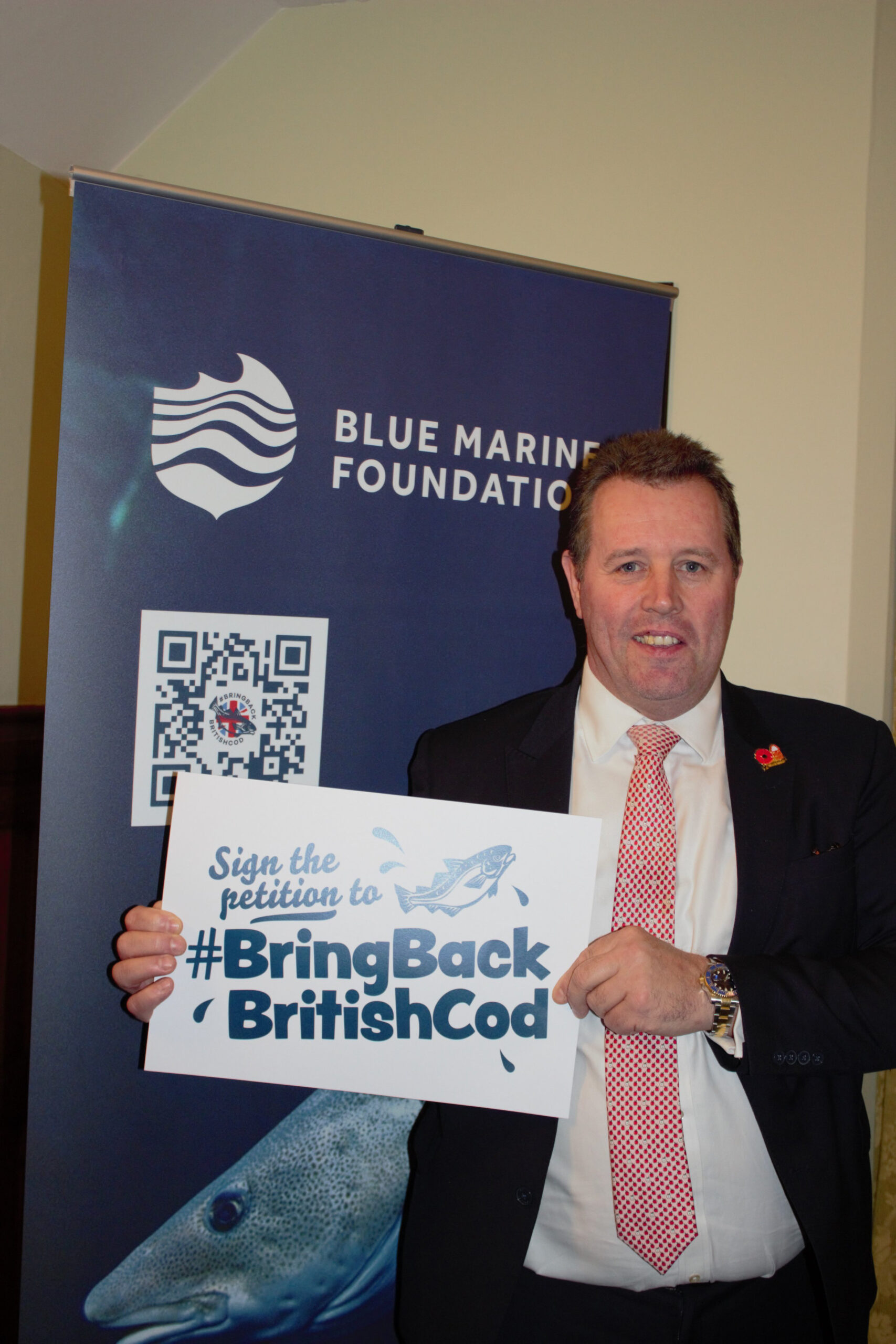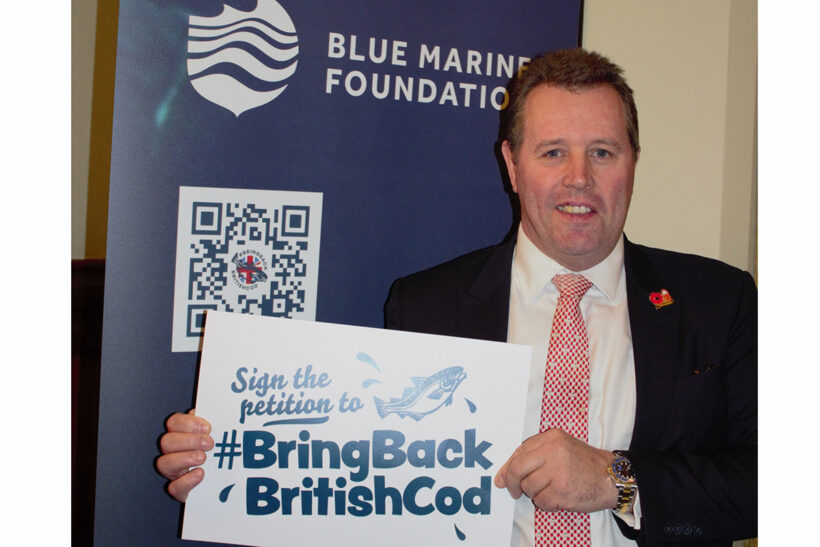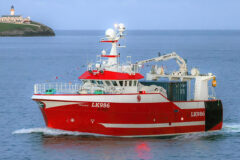The NGO Blue Marine Foundation has announced it is intending to take legal action against Defra. Its action, it says, aims to force Defra to restrict the issue of UK quotas to limits within ICES advice.
In setting catch limits higher than the ICES advice, says Blue Marine, the UK government is in breach of the 2020 Fisheries Act, which requires it to ‘aim to fish within sustainable limits based on the best available scientific advice’.
The NGO wrote to Defra in July, sending a ‘pre-action protocol’ letter setting out the grounds on which it believes the government will be obliged to admit that it is setting catch limits illegally. If the government does not agree to this, the foundation will begin legal proceedings in mid-January after the 2024 licences have been issued by the MMO.
The threat of legal action mirrors similar actions already underway in the EU, where the environmental NGO ClientEarth has taken legal action in the European Court, challenging the Commission’s failure to set catch limits in line with scientific advice.

Last year, the Blue Marine Foundation persuaded Defra minister Mark Spencer to sign its petition for cod quotas to be set within ICES recommendations, ahead of the trilateral talks that set TACs for 2023 – but that relationship now appears to be rather more strained, with the threat of legal action if 2024 TACs exceed ICES advice.
The announcement by the NGO came in a feature in the Times newspaper last week, which drew heavily on the recent paper by Oceana claiming that more than half of UK fisheries were either data-deficient or managed unsustainably.
In the lengthy Times coverage, Blue Marine Foundation founder Charles Clover argues that it is the
job of government to ‘restrain the fishing industry from annihilating the wild fish and shellfish on which it depends’, and that for decades it has been failing.
Talking about discussions with the UK government since the threat of legal action was first formally notified to Defra, Tom Appleby, Blue Marine’s legal expert, said: “When we asked the government for its positions regarding fisheries negotiations, they refused to give us anything, and we only had a few lines back in response to our pre-action protocol letter.
“Normally, if you look at a decision in an area where public goods are at stake, there is a wealth of information made public. There is more information publicly available about my neighbour’s small rear extension than about the UK decisions on the public’s fisheries. Yet the Fisheries Act requires transparency.”
Pointing out that the NGO report documents that 40% of TACs have been set consistent with ICES advice for 2023, an improvement on previous years, and that TACs should be considered alongside other commitments, such as improved technical measures, a spokesperson for Defra said: “Our priorities when negotiating with all coastal states are to secure valuable fishing opportunities for the UK fishing industry whilst also ensuring that fisheries are managed sustainably.
“These decisions are based on the latest scientific advice to help protect key fish stocks with the long-term health of the marine environment at the forefront of our minds, and they are consistent with the objectives of the Fisheries Act.”
In the Times article, Blue Marine suggested that the repeated mismatch between ICES advice on TACs and the actual quotas issued were due to successful lobbying by the fishing industry. Government ministers agreed to set TACs above recommended limits because they are ‘scared of any headline that implies loss of revenue for the fishing fleet’.
Mike Cohen, chief executive of the NFFO, disputed this, telling the Times: “The idea that the fishing industry exercises any sort of control over government policy is entirely fanciful. Industry makes comments, just as environmental lobbyists do, and governments take decisions. “I have never noticed them being overly sensitive about our feelings towards the results.”
Many of the arguments quoted in the Times article from the recent Oceana report were roundly condemned by the SFF last week on its release.
SFF chief executive Elspeth Macdonald said: “Scientists now acknowledge that there is no such thing as a West of Scotland cod stock. We have a northern shelf cod stock that covers the North Sea and West of Scotland, and ICES advice due to be published soon is expected to show that it is in good health.
“It will be evident that science is catching up with what fishermen have been saying for years – that cod are abundant in Scottish waters, and the stock is healthy.”
This story was taken from the latest issue of Fishing News. For more up-to-date and in-depth reports on the UK and Irish commercial fishing sector, subscribe to Fishing News here or buy the latest single issue for just £3.30 here.
Sign up to Fishing News’ FREE e-newsletter here.






